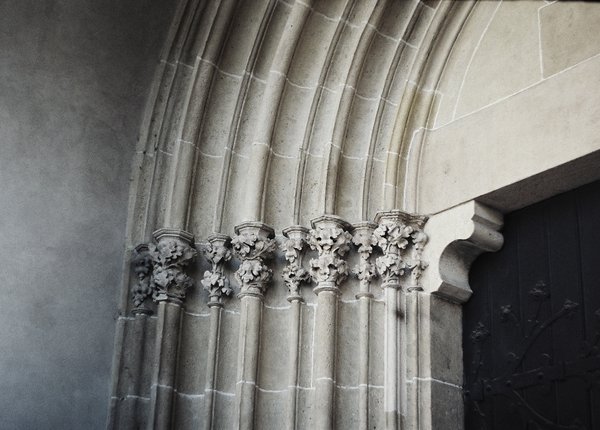
Handbook of the religious and church history of Slovakia during the 20th century
Project duration: 2017 – 2022
Project management: Martin Schulze Wessel, Martin Zückert
Project coordination: Anna Bischof
Project of the Collegium Carolinum in cooperation with the Graduate School for Eastern and Southeast European Studies.
The project is being carried out with the financial support of the DFG, Renovabis and the World Church section of the Archdiocese of Munich-Freising.
The projected handbook will provide a well-founded overview of religion and churches across periods and denominations over the volatile history of Slovakia during the 20th century. Its goal is to examine change and continuity in ecclesial and religious developments during the period. In addition to the survey’s effort to outline the history of churches and religious communities in the region, it also analyses interdenominational relations and the relationship between state and churches. The survey focuses on two overarching themes: on the one hand, the fate and activism of the churches and religious communities under the dictatorships in the 20th century, and on the other, the relationship between the multi-ethnic population structure and belonging to religious denominations, and their impact on societal developments.
The aim of the handbook, which was developed in cooperation with Slovak academics, is to enhance the current state of research on the religious history of a multi-denominational and multi-ethnic Slovakia by picking out as key questions new connective perspectives that suggest a sense of shared history. As the first review yet produced of the religious and ecclesial history of Slovakia in the 20th century, it is designed to appeal to both academics and the wider public.

